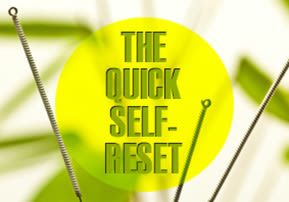
The Quick Self- Reset
Sometimes when we're confronted with the unexpected, we lack the tools or the composure to do anything constructive, and we get stuck, despite our best intentions…

One of the fascinating parallels between Classical Chinese Medicine, going back at least over 2,000 years to the time of the Huang Di Nei Jing (the Yellow Emperor’s Inner Classic), and Traditional Jewish Medicine is the importance that both traditions give to emotions. With specificity, by treating organ or channel imbalances, a skilled practitioner is able to help balance and resolve severe emotional problems as well, whether depression, anger, mania, worrying, over-thinking, fear, or fright. However, often when we are confronted with the unexpected, we just don’t have the tools, or the presence of mind, to do anything constructive, and we get stuck, despite our best intentions.
Getting unstuck requires a sensitivity and a realization that we are in a bad place and are disconnected from what really matters: ourselves, our environment, and our Maker. The Torah teaches us that this requires us to listen to the female (structured) aspect of our psyches, and by setting boundaries for ourselves, we are able to conquer these destructive emotions. As the Mishna asks, “Who is the strong person [gibor, meaning the one 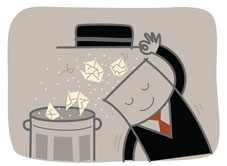 who masters the trait of Gevura or boundaries]? The one who conquers his inclinations.”
who masters the trait of Gevura or boundaries]? The one who conquers his inclinations.”
But, again, this is easier said than done, particularly in the heat of the battle. For as our Sages tell us, “When you go out to war against your enemy …” The enemy that the Torah is speaking of is that force which drives us to disconnect from Hashem.
I want to suggest, therefore, that there are six basic things that we can do when we realize that we are stuck, to reset and reconnect ourselves to the Life Force to whom we all depend:
1. Blink.Blinking resets our nervous system by helping to stimulate our parasympathetic nervous system (the “rest and digest” part of the autonomic nervous system). It provides moisture to the eyes, and will usually stimulate #2:
2. Sigh. Rebbe Nachman teaches that there is no activity more important that we can engage in than hitbodedut, and an essential component to successful hitbodedut is “krechtzing,” or unloading a deep sigh. For as Rebbe Nachman teaches in Likutei Moharan I:109, “When you sigh and groan over your unfulfilled yearning for holiness, it causes you to be attached to the ruach (life force) of holiness. This is because sighing is drawing breath — which is life itself!”
3. Smile. Smiling brings about some amazing biochemical changes, such as lowering blood pressure, strengthening the immune system, releasing endorphins (the body’s natural pain killers) and serotonin (the feel-good neurotransmitter), and, of course, making us feel happier (even a fake smile!)
4. Drink water.Our bodies, as is well known, are over two-thirds water, but what is not as well known, is how delicate our fluid distribution system is (which the Chinese call the San Jiao or Triple Burner) and how easy it is to become dehydrated. From my experience, I have found without exception, that those who allow their emotions to get the best of them ALL become dehydrated. Furthermore, dehydration creates a more acid pH, which causes our bodies to break down and become sick.
5. Power nap.Nothing exhausts us more than losing control of our emotions. But there’s a wonderful antidote for exhaustion: the power-nap! The trick is not to sleep for more than 15 minutes to a half hour, for amazingly, each 15 minutes that we sleep during the day, is worth an hour at night! But always remember to gratefully give over your soul for safekeeping to Hashem, even for 15 minutes.
6. Hope. The Midrash (Bereishit Rabba 98:20) teaches us, “Rabbi Yitzchok said, ‘Anything is possible with hope! Suffering can be released with hope! Sanctifying the Name of Hashem can be achieved through hope! The merit of our forefathers can be tapped to reach Hashem with hope! The spiritual pleasure of the World to Come can be achieved with hope! … Undeserved grace is granted by Hashem with hope! [And] one is granted forgiveness by Hashem with hope!”
May all of our actions cause our friends and our Most Beloved Friend to smile.
* * *
Dr. Frischman is a licensed doctor of acupuncture and oriental medicine based in Los Angeles





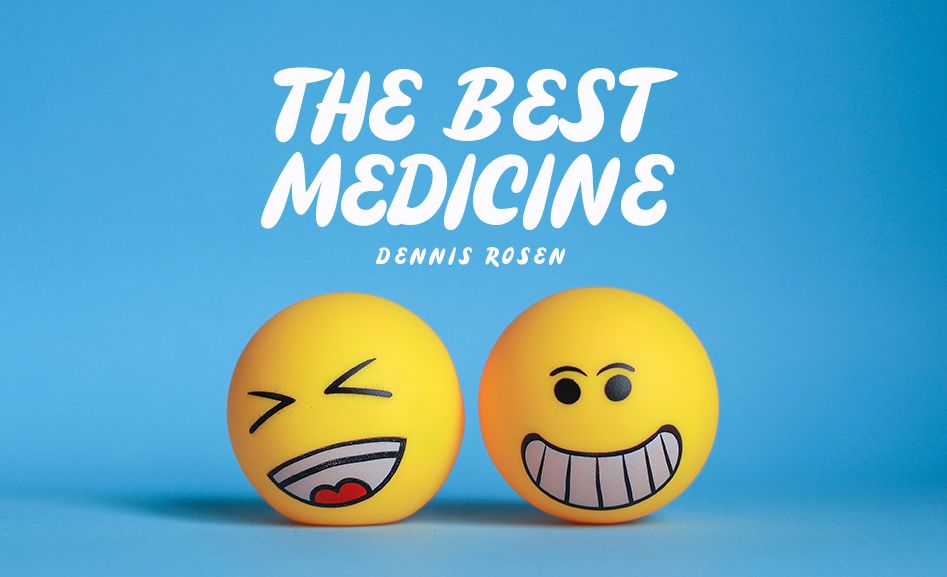
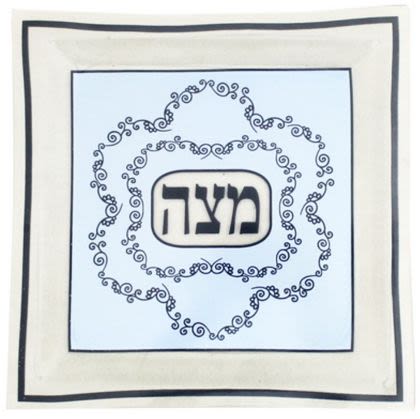
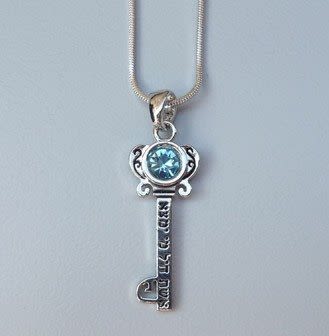
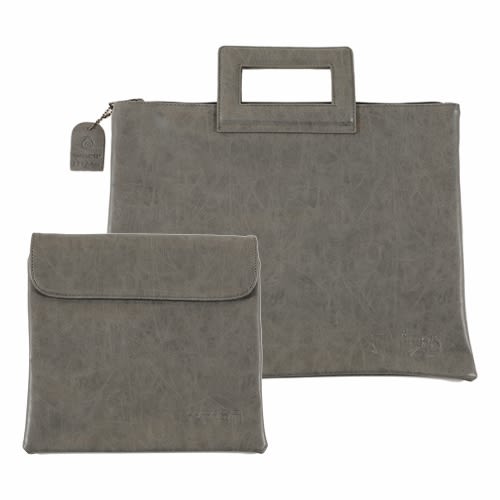
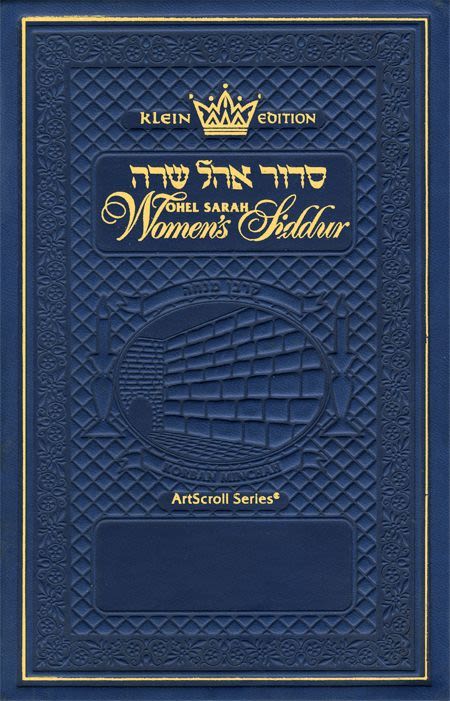
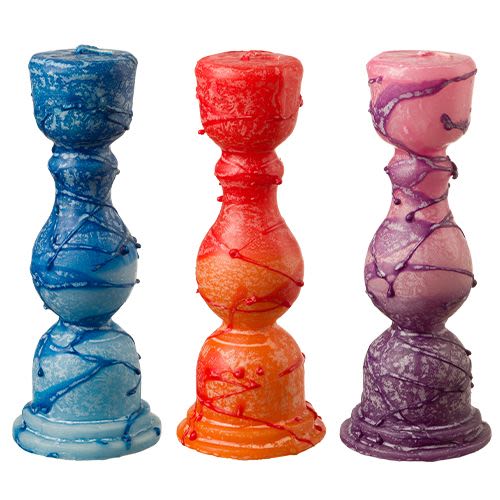
Tell us what you think!
Thank you for your comment!
It will be published after approval by the Editor.